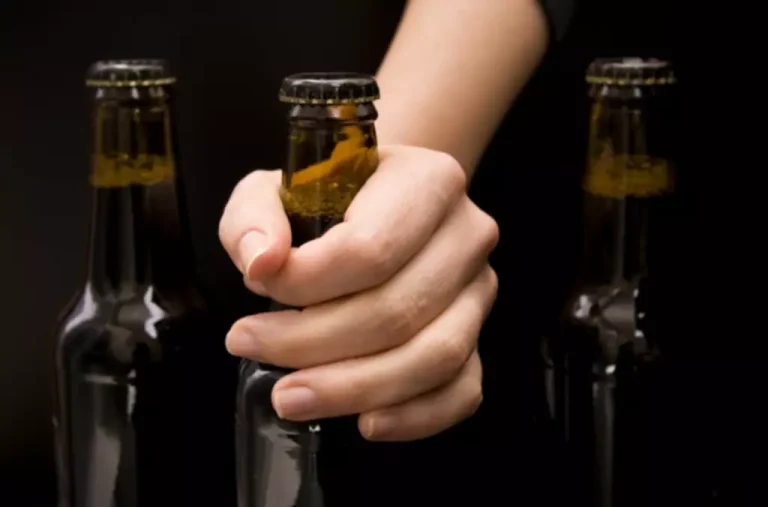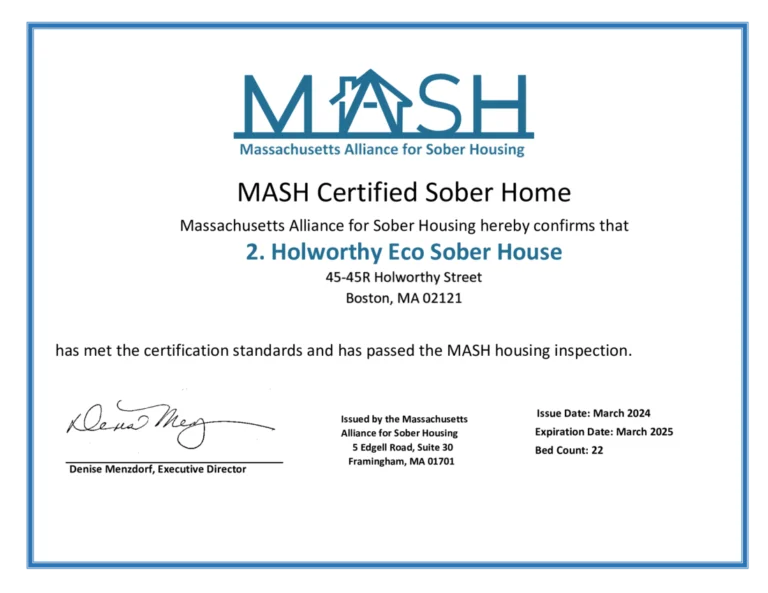
I would go with that 90-day total, with the first 60 in rehab and the final 30 in outpatient therapy. The cost of addiction treatment varies depending on several factors, such as the type how long is drug rehab of program, length of stay, and location. Some opt to go to an inpatient rehab of their own accord, while others are mandated to attend, whether by the legal system or family members.
- Inpatient programs require individuals to live at the facility for an extended period while receiving around-the-clock care from medical professionals.
- This episode of The Verywell Mind Podcast, featuring multi-platinum award-winning singer Bryan Abrams, shares his sobriety journey and how he found a treatment that actually worked.
- Alcohol withdrawals tend to have more distinct phases than the withdrawal processes of other drugs.
What is the Rehab Process Like?
- Another factor may include someone’s payment method, insurance plan, or healthcare benefits, which can dictate how long someone may be able to pay for treatment.
- Until recently, psychedelic research was mainly funded by a handful of nonprofit advocacy groups, including Multidisciplinary Association for Psychedelic Studies, or MAPS.
- Although most inpatient programs are only three to four weeks long, many clients find that having access to round-the-clock care and support is invaluable.
- What must follow is the process of behavior change, through which the brain gradually rewires and renews itself.
After they attend treatment for the day, patients are free to engage in sports or creative time, depending on the amenities at the rehab facility. Stopping drug use is just one part of a long and complex recovery process. When people enter treatment, addiction has often caused serious consequences in their lives, possibly disrupting their health and how they function in their family lives, at work, and in the community. Not only does long-term recovery need the assistance of professional treatment, but it always benefits from other recovery-focused activities, like support groups. Support groups lack the guidance of professional therapy, and instead, rely on the sense of community and fellowship they create. Attending a support group connects someone to an entire network of people in recovery who are willing to share their experience and expertise on the subject of sobriety.
Stages of Alcohol and Drug Rehab Recovery
A CARF-accredited facility demonstrates high-quality programming and treatment that is tailored to the individual. These include partial hospitalization programs (PHPs), outpatient therapy, primary care doctor visits, group and individual therapy, AA, NA, or SMART Recovery meetings, and more. Combining several of these together can create a powerful, long-term recovery framework. The idea being that treatment doesn’t have to end just because you leave a 28-day program.

Support Groups
Only trained and licensed medical professionals can provide such services. If you or anyone you know is undergoing a severe health crisis, call a doctor or 911 immediately. Addiction Resource team has compiled an extensive list of the top drug rehabilitation facilities around the country.
- It’s important that you keep going until you develop astrong support system of family members and friends to rely on when recovery becomes challenging.
- Shortly after substance use is stopped, people may experience withdrawal, the onset of unpleasant physical and psychological symptoms —from irritability to shakiness to nausea; delirium and seizures in severe cases.
- People in inpatient programs often undergo long-term treatment for relapse prevention.
- Regardless of how long rehab lasts, it’s paramount that individuals complete a full course of treatment.
- While MDMA would be a first-of-a-kind approval, U.S. doctors and the FDA itself have already laid some of the groundwork for working with drugs that can cause intense, psychological experiences.
- More serious issues included heart palpitations and elevated blood pressure, which FDA reviewers said had the “potential to trigger” life-threatening heart problems.
Some treatment centers offer 30-day rehab programs while others offer multiple 30-day programs, allowing clients to extend their treatment as needed. Individuals with drug use disorders can benefit from a month-long program that combines 12-step meetings with other therapy modalities to provide a more holistic approach to care. The 90-day drug and alcohol recovery timeline may seem exceptionally long and tedious. However, the longer the time spent receiving physical and mental health care, the higher the chances of maintaining sobriety during the recovery process. A patient will undergo detox, individual and group therapy, evaluation, and aftercare plan during this period. A 90-day treatment is usually recommended for long-term and severe addictions.


Regardless, it is vital for us to all be able to spot the signs that someone may need an inpatient rehab stay. In addition to receiving treatment for an appropriate duration, you should make sure that you attend the right type of rehaband that your rehab provider is licensed and accredited. If you commit yourself to the entire treatment process, youhave a good chance of recovering from addiction.
You may live at a sober living home or at your own home depending on your support system and living environment. Most peoplealso attend 12-step meetings or other self-help group meetings daily. Admissions representatives can explain the treatment options available at the rehab facility. They’ll answer any questionsyou have about cost, amenities or other important details.

This article will help answer the question ‘How long does rehab last? ’ and why certain treatment lengths may be more appropriate for your needs.
That’s why treatment programs often include continuing care planning, also known as aftercare planning. Completing rehab is a major accomplishment, and it’s important to appreciate each day in recovery as the successful experience https://ecosoberhouse.com/ it is. That being said, living an alcohol- and drug-free life takes commitment beyond just giving up substances. It might be necessary to change friends and habits since returning to old lifestyles might trigger a relapse.
